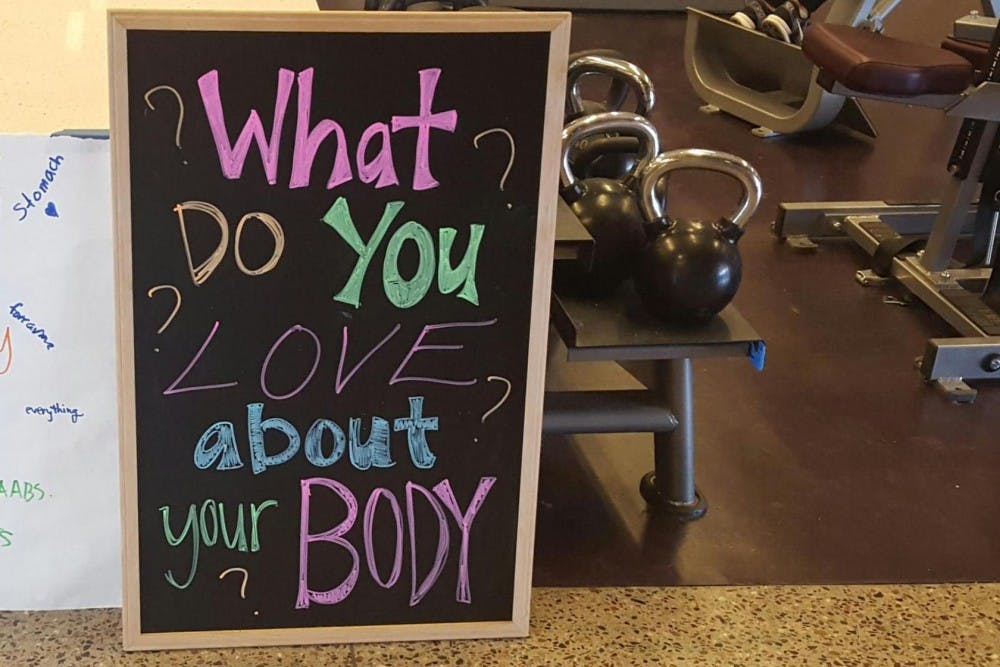We hear about the girls who go days and weeks without eating. We hear about the girls who find themselves leaning over a toilet after every meal. We hear about the girls who overeat, only to hate themselves into starvation mode the next day. The ones we don’t hear about are the majority: the people, not just girls, who are obsessively monitoring what goes into their bodies, and what their bodies expel, in silence.
If you look at the statistics, it is evident that not only do we as a country have a problem, but we as a college population are also spiraling into an abyss of body shaming and self-disapproval.
The numbers vary greatly from website to website and from study to study, but the truth of the matter is: Eating disorders are silent. However, one popular statistic is that over half of females and one third of males in their adolescence use unhealthy and restrictive ways of monitoring their weight. Typically, victims, especially broke, busy college students, do not find themselves publicly admitting to or seeking help for an eating disorder.
Many sufferers do not even realize that their behavior is related to a disorder to begin with. Bulimia, anorexia and binge-eating disorder are the easy ones to pinpoint and describe. But another harder-to-diagnose issue is surfacing: orthorexia.




